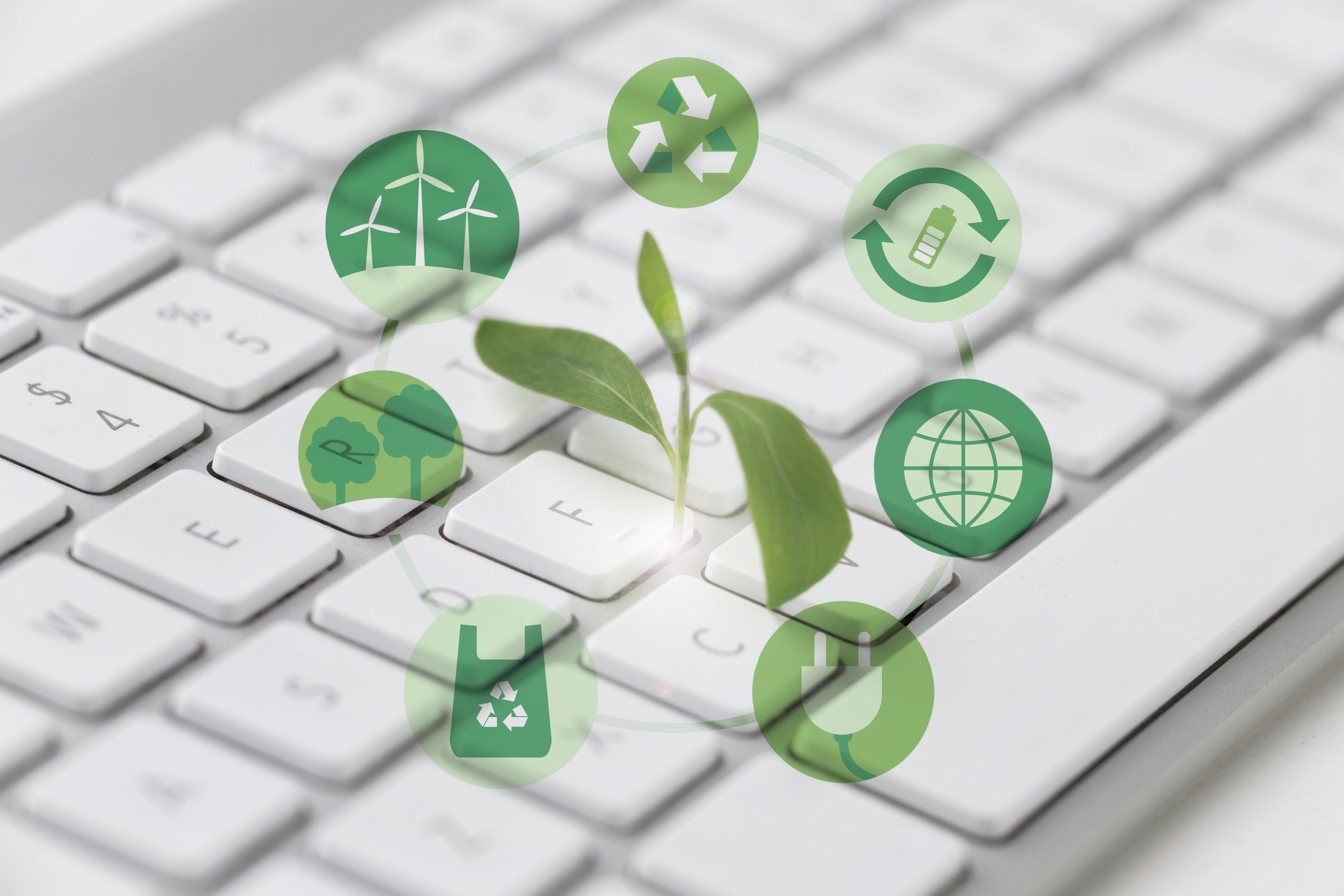Over 40 million people worldwide are living with HIV, a chronic infection that remains a leading cause of death. Developing an effective vaccine has proven difficult due to the virus’s rapid mutations and the vast volume of clinical data produced during trials.
Scripps Research has received $1.1 million from CHAVD to purchase high-performance computing and AI technology. The investment lets researchers analyse millions of vaccine candidates faster, speeding antibody identification and refining experimental vaccines.
StepwiseDesign enables the AI system to evaluate vaccine-induced antibodies and identify the most promising candidates for development. The system has found rare antibodies that neutralise HIV in uninfected individuals, showing its ability to detect extremely rare precursors.
Researchers hope the computational framework will not only fast-track HIV vaccine development but also be applied to other complex pathogens, including influenza and malaria. The project highlights collaboration and innovation, with potential to improve global health outcomes for millions at risk.
Would you like to learn more about AI, tech and digital diplomacy? If so, ask our Diplo chatbot!










